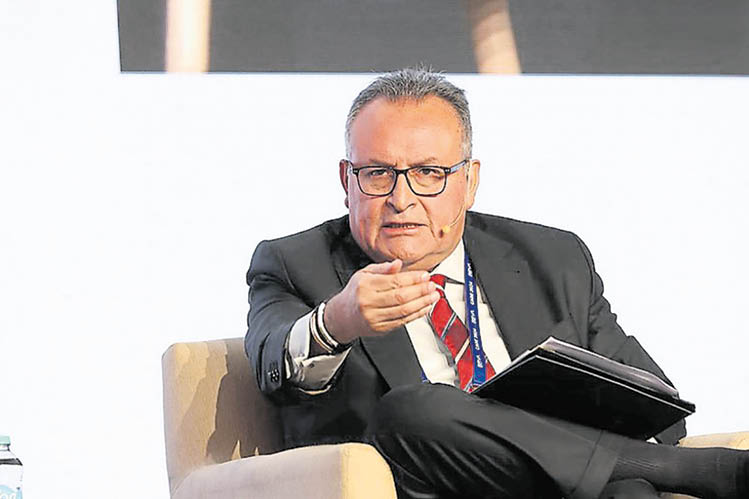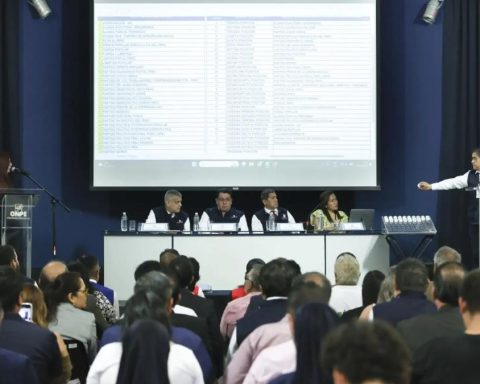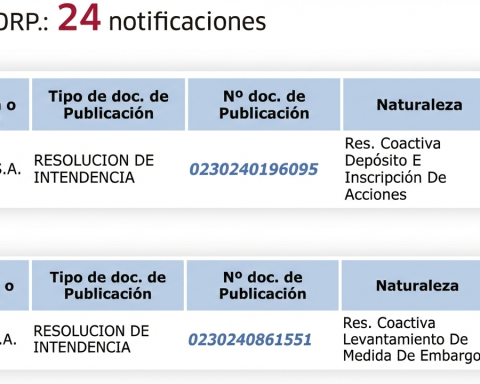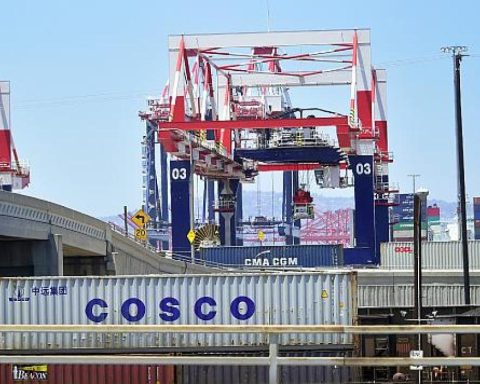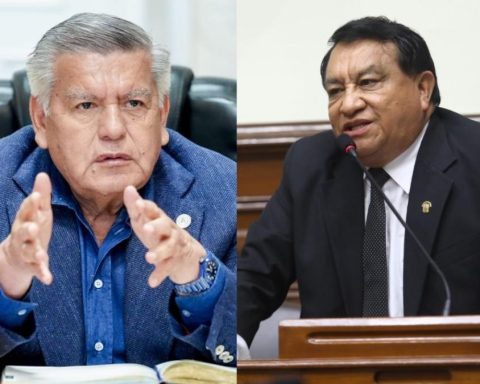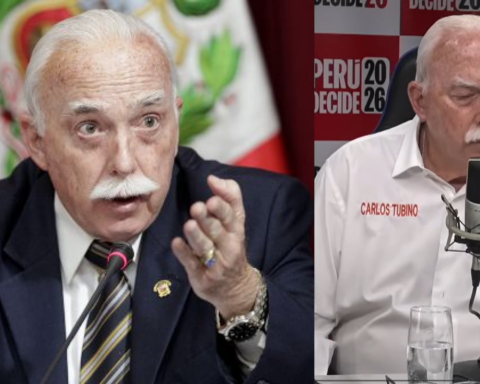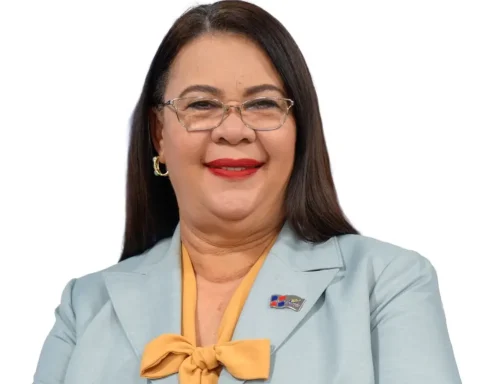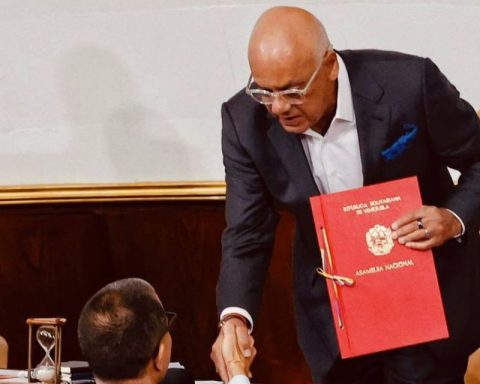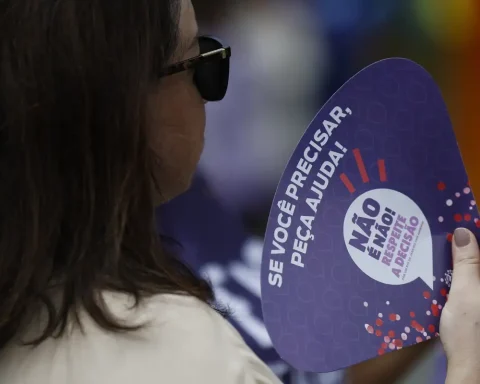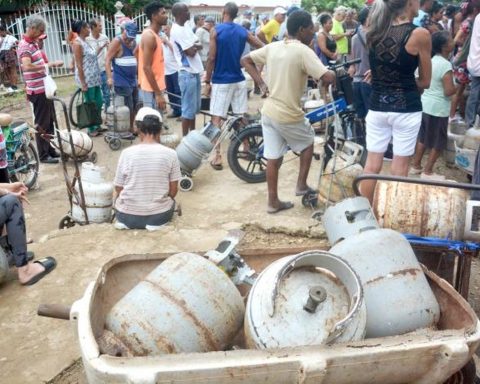In the absence of any government representative in the 62nd edition of CADE Executives, Confiep and 23 regional chambers of commerce and industry met with the aim of reaching consensus and presenting proposals aimed at reducing poverty in the regions. These initiatives were presented during the last day of the business meeting.
The director of Confiep, Eduardo Ferreyros, highlighted that strengthening the relationship and collaboration with regional chambers of commerce has been prioritized. As a result of this joint work, the “Arequipa Declaration” was prepared.
In this context, Ferreyros stressed the importance of understanding the challenges that companies face in the regions and of strengthening union representation at the national level.
“We know that doing business in Peru is complex and challenging. For this reason, I value and encourage the work of the presidents of the regional chambers, and I reiterate that they always have the support of Confiep,” he stated.
For his part, the president of the Chamber of Commerce and Industry of Arequipa, Julio Cáceres, pointed out that this initiative will contribute to improving the business environment, attracting private investment, generating employment and energizing the regional economy.
Exposed points
1. The business associations rejected what they called “the persistent corruption” and incompetence of public authorities to address the serious problems that affect Peruvians in all regions of the country.
2. They highlighted that the only way to combat poverty and address social and economic gaps is with private investment, because this will boost the local economy, provide access to quality basic services and generate formal jobs.
3. They stated that to promote decentralized private investment, a favorable environment is required, with public institutions that function and with a State present in all localities of our country. Companies do not thrive in uncertain, insecure and legal environments.
4. To address the problems of the regions’ environment, they presented the report: “Proposals to improve the business environment in the regions”, which identifies and prioritizes an agenda of 40 infrastructure initiatives and public policies of the four macro-regions of the region. country (North, Center, South and Amazon). Some of these initiatives are transversal and respond to common needs such as a frontal response against citizen insecurity and illegal industries, water and road infrastructure, higher education that adapts to the productive needs of the regions, among others. Among the prioritized infrastructure works, a project portfolio of S/40,139 million was identified in more than five sectors such as agriculture, transportation, water and sanitation, energy and mines, and tourism.
5. In addition, the unions urged the national government, regional governments and local governments to jointly and responsibly assume the historic commitment to promote the development of our country. “It is essential that the State adopts immediate actions to address the urgent problems that overwhelm Peruvians such as citizen insecurity, the advance of illegal activities and informality, the lack of road and digital connectivity, and little access to health services. and quality education. To achieve this, it is essential that institutions function efficiently and fulfill their purpose.”
6. They specified that the next two years are decisive for the future of the regions, since a new government and new subnational authorities will be elected. “From the regional chambers, we are sure that we will play a key role as agents of relevant change in this electoral process.”
7. They maintained that for the previous reasons they announced the determination of the chambers of commerce of the southern, northern, Amazonian and central regions of the country to articulate efforts to address the serious problems that affect Peruvians, follow up on the macro-regional proposals, and promote the importance of having an environment conducive to companies of all sizes and attracting decentralized investments.
THEY MAKE A CALL TO ACTION
At the closing of CADE Executives 2024, the president of the event, Gonzalo Barrios, made a call to action to companies, with the aim of leading the changes that the country needs.
“The construction of a solid democracy, the promotion of social inclusion and the promotion of sustainable economic growth are not only objectives, they are urgent tasks that we must assume with determination and vision,” he highlighted.
For his part, Gonzalo Galdos, president of IPAE Acción Empresarial, pointed out that it is a decisive moment for the country that today has mediocre growth, inequality and labor informality.
Furthermore, he pointed out that the absence of the Executive during the three days of the meeting represents an “incentive” to continue working and keep the doors open to dialogue.
Now available in Yape! Find us at YAPE Promos.
RECOMMENDED VIDEO
